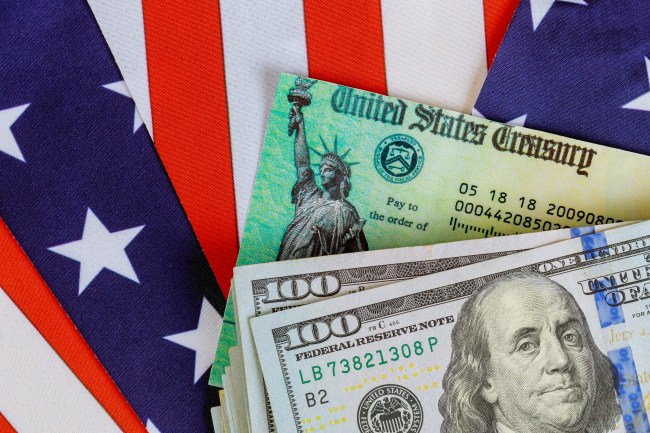
iStockphoto
The federal government is preparing to issue one-time payments in conjunction with the $2 trillion stimulus package passed by Congress last week that will most benefit Americans who make up to $75,000.
Treasury Secretary Steven Mnuchin said Sunday that Americans should expect to see that money deposited into their bank accounts “within three weeks.”
“We expect that within three weeks, that people who have direct deposit with information with us will see those direct deposits into their bank accounts, and we will create a web-based system for people where we don’t have their direct deposit, they can upload it so that they can get the money immediately as opposed to checks in the mail,” Mnuchin said on “Face the Nation.”
Americans who make up to $75,000 based on latest filed tax returns will receive $1,200 checks, plus $500 per dependent child, while that amount gradually decreases for incomes up to $99,000.
Fortunately, the stimulus checks are not taxable. But, according to Tax Slayer, “if your 2020 income is much higher than your 2018 or 2019 income, you may be required to pay back a portion of the stimulus payment next year if your new income is above the threshold.”
While many Americans are struggling to see a light at the end of the tunnel, Steven Mnuchin is confident that the stimulus checks will help infuse hope until the American economy surges back.
“This money is going to go into the economy very quickly. It is going to help American workers very, very quickly,” he said. “I don’t know how long it’s going to take to kill this virus. I do know we will kill this virus, and when we do, I have great confidence that the U.S. economy will come roaring back.”
When this is all under control and life returns to normal, first ten rounds are on me.